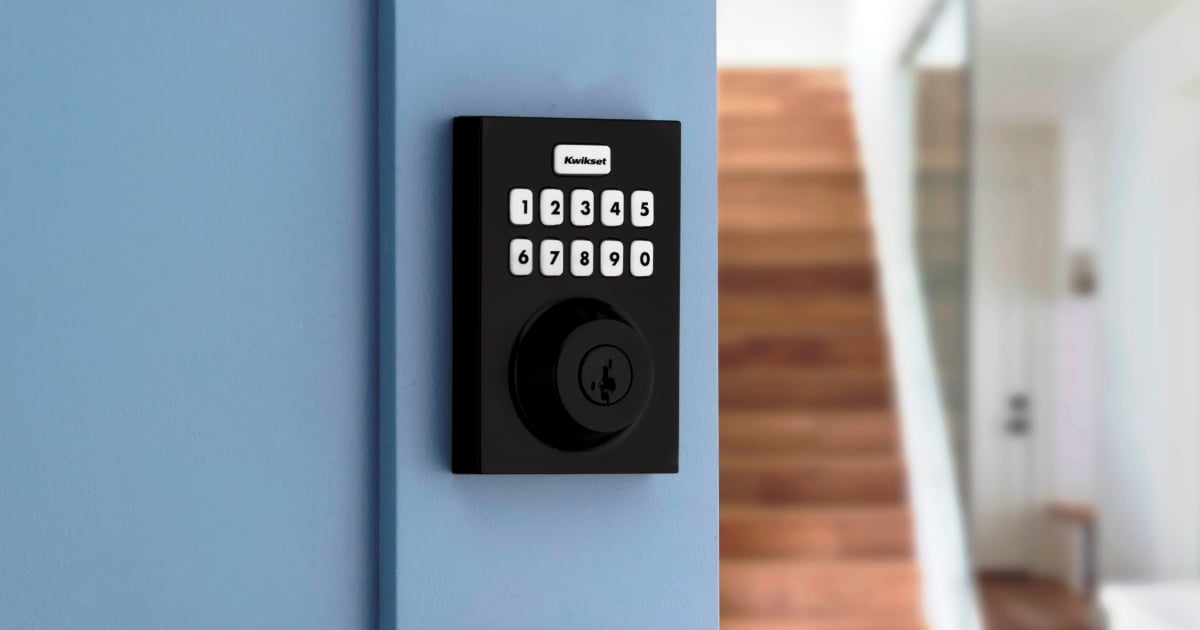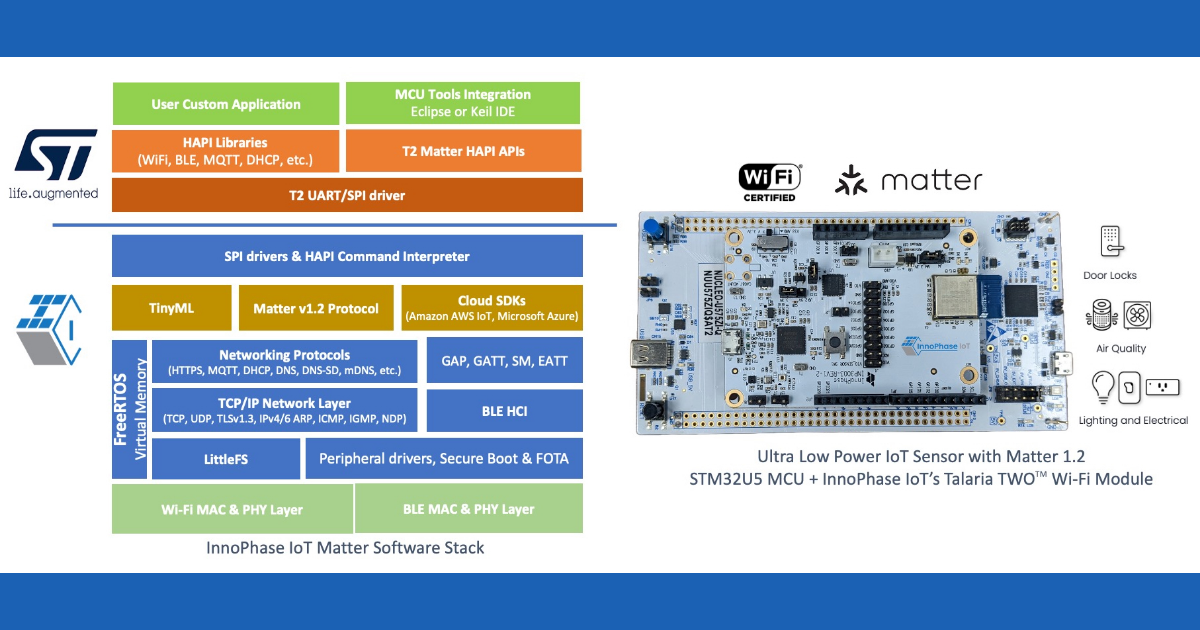
“Today, internet-connected smart devices are commonly used in American households; light bulbs, mirrors, air fryers, coffeemakers, trash cans, kitchen and bathroom faucets, refrigerators, and more are all becoming ‘smart.’ We’re able to control them with our phones or even voice commands, and a lot of that is really cool. It’s expected that, in a few years, nearly 70% of American households – more than 80 million, in total – will own at least one smart home product.”
U.S. Senate Commerce Committee Ranking Member Ted Cruz, R-Texas, spoke on the Senate floor yesterday, requesting unanimous consent to pass a Informing Consumers about Smart Devices Act. This bipartisan legislation was crafted and introduced with Sen. Maria Cantwell, D-Washing and “bipartisan” is of great importance in terms of this proposal.
More on that in a moment.
Cruz continued, saying “This is all, by and large, a good thing. Smart devices can help us improve our quality life.”
Then, the anticipated follow-up.
“But with any technological advancement, there can be trade-offs. One of the potential trade-offs, in this case, is our privacy.” Cruz went on to describe how, in Texas, the usage of smart thermostats have allowed electric companies to remotely control the varying temperatures of Texans’ homes, in light of energy conservation measures.
“In cases such as these, Americans don’t realize or expect that the growing number of smart-enabled household devices and appliances have cameras or microphones that can surreptitiously record families and transmit data. When you’re about to buy a new refrigerator, for example, you don’t expect your fridge to listen in and record you, thus spying on you without your knowledge. And while some manufacturers have seriously and responsibly taken steps to more clearly label their products and to let consumers know whether or not they contain cameras or microphones, others have not.”
This is the crux of Cruz’s words. Consumers should be made aware of devices’ various recording capabilities.
After this bill was first introduced back in January, the House of Representatives ended up passing the bill.
The vote was 406-12.
Now, we return to the bipartisan element here. Too often in American politics, a cheer for bipartisan support is legitimately rallied. However, this is fleeting. Usually thereafter, representatives on either side of the aisle clash in a tale-as-old-as-time type of way. So it goes.
That said, agreeing on something is a major positive and 406-12 is a sure-fire sign of an overwhelming bipartisan union. (On this issue, at least.)
“Our bipartisan legislation would ensure that information about smart devices is clearly communicated to consumers so they’re informed before buying a product that could film or record you against your wishes or without your knowledge. After all, requiring a manufacturer to tell you if they’re spying on you through your refrigerator shouldn’t be opposed. At a minimum, Americans have a right to know if their refrigerator or air fryer is spying on them.”
“By 2026, it’s estimated that over 84 million households will have smart devices – providing connection and control over everything from your air conditioning to your air fryer,” said Cantwell. “Yet, most consumers expect their refrigerators to keep the milk cold, not come equipped with a camera or microphone to record their personal and private family discussions. I’m happy to work with Sen. Cruz on a bill that will ensure consumers know whether their household appliances are capable of invading their privacy.”
In closing this piece for now (as the proposed bill still must be passed in the Senate), I took a moment to speak about this topic with our team’s Group Editorial Director Erik Linask.
“We deal in tech every day,” Linask said. “We know that there are so many connected devices out there, especially intelligent ones with features like built-in cameras. But no matter one’s political standing, if there’s a recording device attached, consumers ought to know so they can make their own intelligent – and more informed – decisions from there.”
Edited by
Greg Tavarez





